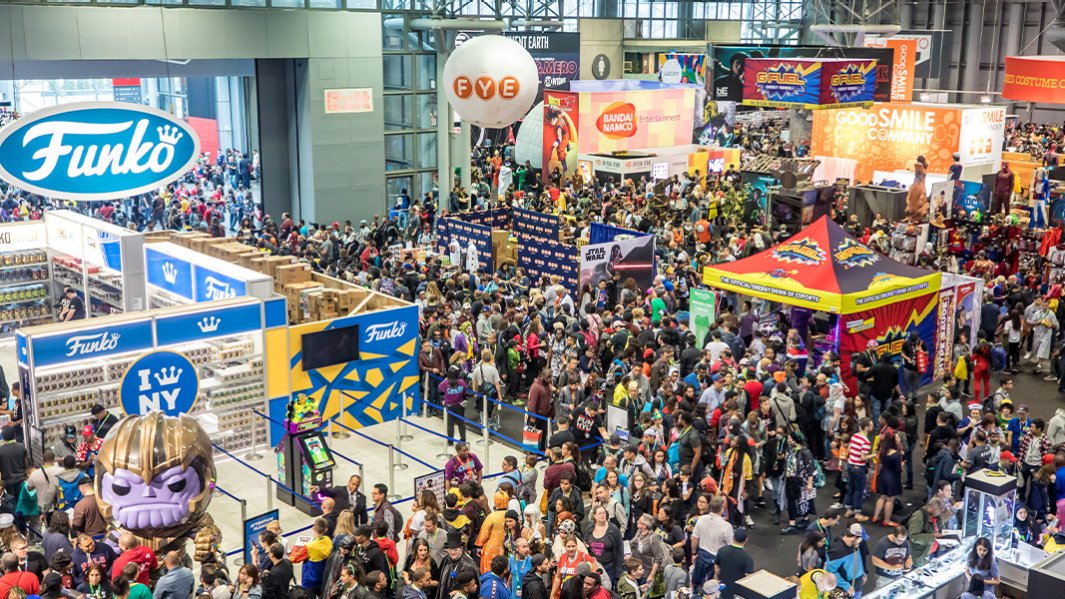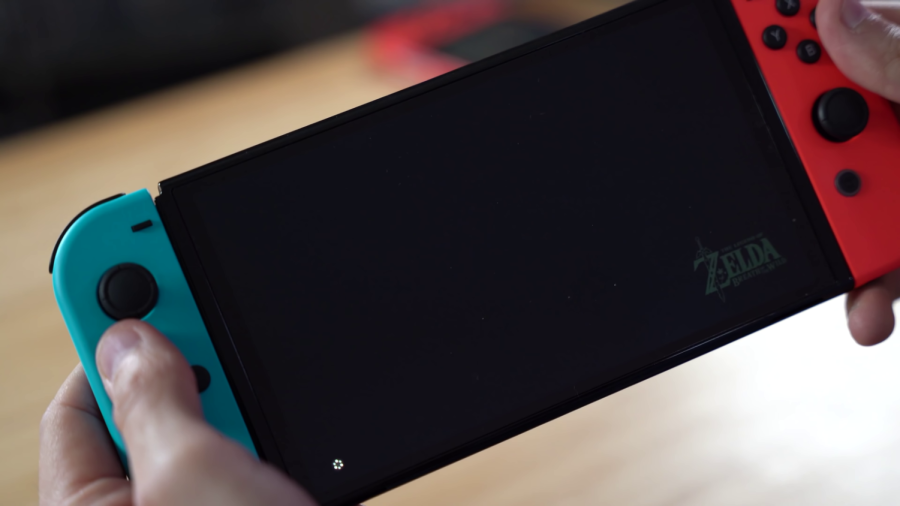As far as my memory will allow me to remember, the first game I ever played was Bionic Commando for the original Game Boy. I remember smashing buttons frantically, trying to figure out how to jump (hint: you can’t jump). But amidst my frustration at the game, there was a certain adrenaline that rushed through my veins. Granted, I was young, and the screen was small, but for a young kid with a developing imagination, it was the precursor to unlocking my potential as a creative thinker. It paved the way for practically my whole life at the moment.

I used to read books pretty actively as a child but never actually cared about what I was reading. Perhaps it was attention deficit disorder, but the words would just flow through one ear and out the other. But when I played a video game, it seemed to open a plethora of doors, all waiting to be explored. After playing Final Fantasy VII, abysmally at that, I saw the world for something else. My yard was no longer just a random patch of grass wherever I moved, but an entire world I would shape on the spot, where I was always the hero and could take anything down.
Of course, that was when I realized the potential of my imagination and subconscious. I was a naïve kid. But I understood as a young age that everything I would set up in my head would be manifestations of a problem with my life. As the hero, I would take down these problems, as sort of a mental therapy.
This same therapy applied to gaming as well. Gaming acted as a device through which I could vent my emotions or thoughts in a positive, nondestructive manner. When I wasn’t outside, I was trying my hardest to play a video game whenever I could. My library was limited, but expanded massively as I aged. Books just didn’t work for me. There was always a definitive path to the plot, and nothing I could do could shape an outcome. Video games essentially broke those chains. I didn’t care that the protagonist’s name was “Cloud” in FF7; I swapped it for my own name. And although the ending is always the same to that game, the adventure was how I chose. I chose the party members with who I would fight. I chose what battles in which I would engage. I chose what attacks I would use. It was my adventure, and I owned it.
There’s something about ownership that is so appealing to video games. I know that for some people, curling up with a good book on a rainy afternoon is the best experience of all time. Personally, I prefer to be curled up with a good game, managing my inventory, deciding what sword to equip and figuring out what side quest to tackle next. Gaming can provide both a fantastic plot as well as interactivity within said plot. Of course, gaming also provides such a visual experience that can be simply put as fun. Gaming is entertaining, enough said. But something that should be kept in mind is also the game which is being played. For every game that provides a phenomenal experience, there are 15 games with no substance. But even if there are games with no substance or games that are literally rehashes of the same game released a year ago, if a person finds their escape within it, finds their happiness, who is anyone to tell them they are wrong?
There are those who say that gaming is a waste of life. These are the same people who make generalizations about a subject with which they are not educated. If abused, anything could really be considered a waste of life. There are those who sit in their parent’s basement in their 30’s, accomplishing nothing but a high kill/death ratio in Halo. I’ve skipped homework to play video games. No one is perfect. It’s all about moderation. But then there are the people who claim that gaming provides nothing beneficial. I consider those people true hypocrites.
Roger Ebert, who most should know as a famous film critic, made the famous claim that video games cannot be art in any way. Smart man, right there. I suppose true art is sitting in a dark theater, watching rehashes of the same plot, only modified for modern times. Obviously I love my movies, but what should be realized is that gaming has opened the creative minds of millions. Interactive storytelling is a medium that allows many to develop their imagination, their thought process, the way they analyze elements. Just like books or movies provide their own positive experience, to dismiss all video gaming as something with no purpose would be an ignorant claim.
For people with learning disabilities, especially autism, gaming is a learning device. Studies have shown that certain video games can reinforce social skills because of the format in which they are presented. Gaming as a whole is capable of reinforcing hand-eye coordination and reaction time. As said before, moderation. No one is benefiting from playing 80 hours of World of Warcraft a week, unless getting a good amount of loot is better than having a job or a clean house.
Video gaming can’t just be looked at as some horrible thing that will cause children to become psychopathic murderers. For myself, at least, video games are an escape, a gateway to new worlds and experiences and hopefully a job at some point. I don’t think I would have survived my childhood without video gaming, especially since making new friends is quite difficult after attending over 10 different schools as a kid. For every gamer, there is another story, another reason why the interactive experience has affected them in such a positive way. There are those who don’t get it, and that’s fine. But don’t go dismissing our entertainment and our escape as something childish or useless, because I can think of far worse that majority of the population is addicted to.
Tim Jones can be reached at [email protected] and followed on Twitter @TimJones90.











